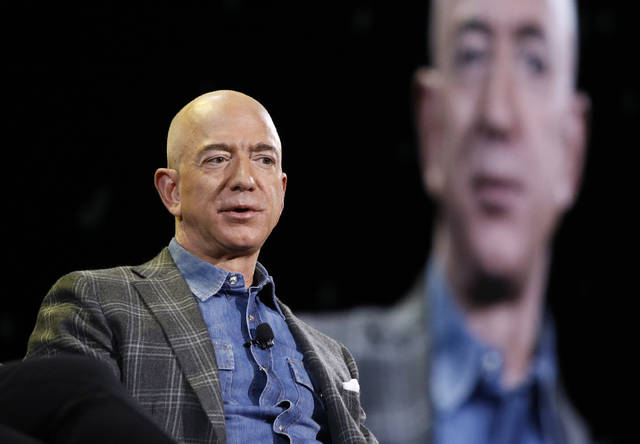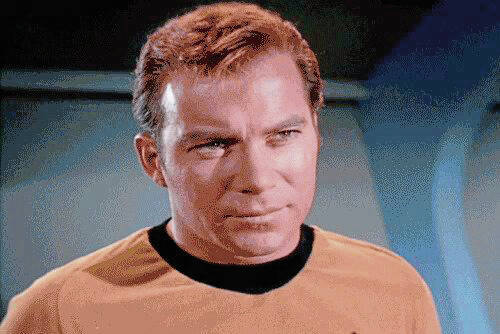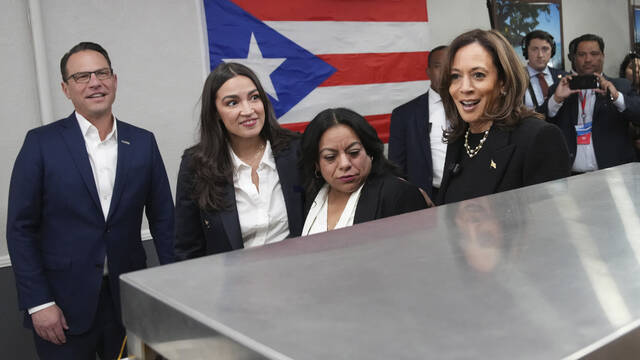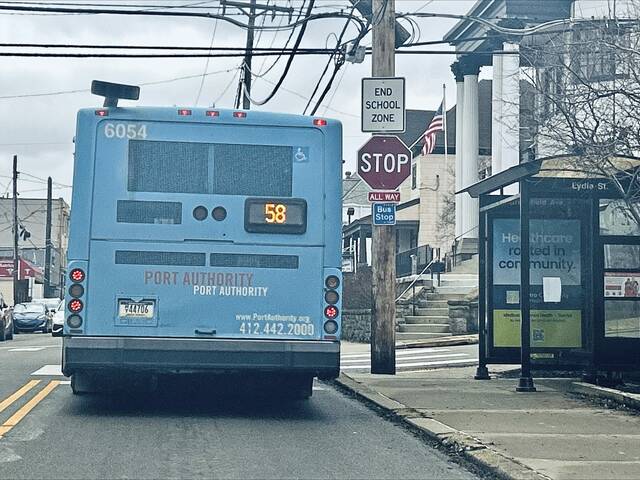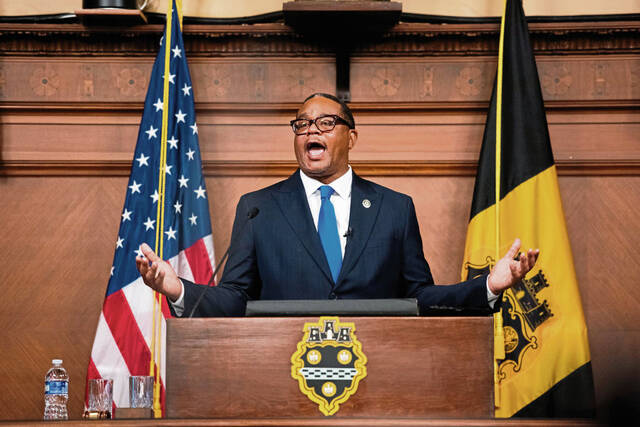A civilizing feature of any society is the right to say “no.” Indeed, societies can be usefully ranked from good to bad according to the respect that they accord to individuals’ right to say “no” to those who would take their property.
The importance of being able to say “no” — and to have that statement heeded — is emphasized by the #MeToo movement. Everyone is ethically entitled to refuse offers of sexual encounters, and this entitlement should be recognized by law.
But the importance of the right to say “no” extends far beyond the narrow domains in which it wins the approval of political progressives. The right to say “no” is, or ought to be, a very broad one. This right is essential not only to individual autonomy, but also to economic prosperity.
Consider the value of the right to say “no” in everyday economic affairs. Because no merchant can compel you to purchase whatever he is selling — that is, because you can say “no” to any offer he makes — for that merchant to profit by selling to you he must make you an offer that improves your well-being. Your right to say “no” prevents that merchant from harming you and incites him to craft a bargain that is mutually beneficial.
Likewise, you as a buyer can’t force the merchant to sell to you. The merchant also has a right to say “no.” And so for you to gain by dealing with the merchant, you must offer to pay an amount that he finds worthwhile.
With everyone in markets equipped with the right to say “no,” people agree only to those exchanges that they believe make them better off. Market exchanges are win-win. This fact is one reason why the freer are markets, the faster is economic growth.
The right to say “no” features also a beautiful component of equality. Amazon CEO Jeff Bezos, with his vast fortune, must nevertheless persuade each of his customers to deal with him. Because they can refuse his offers, he must find ways to make them better off if he is to profit from having them as customers.
It’s true that, in Bezos’s case, his having to persuade each and every person with whom he deals to say “yes” to his offers resulted in his monetary wealth growing disproportionately large compared to that of almost everyone else. But so what? Individuals’ right to say “no” motivated Bezos to figure out ways to entice people to say “yes” to do business with him. The fact that, in consequence, Bezos became one of the world’s wealthiest people means only that he was especially successful at persuading people to say “yes.”
Shouldn’t we applaud rather than bemoan or begrudge such success?
Also, although Bezos today is magnificently rich, in the economic market his power to compel people to do business with him remains equal to that of the poorest immigrant motel maid: neither person has any such power. The poor motel maid can say “no” to any offer from the tycoon Bezos that she believes will not improve her well-being. Bezos has no power over her.
Matters are the opposite in politics. Government’s nature is to threaten force to do whatever it does. And so because government can force each person to do its bidding, no one has a right to tell it “no.” There is, therefore, no good reason to expect that the outcomes of political processes will be widespread human betterment.


